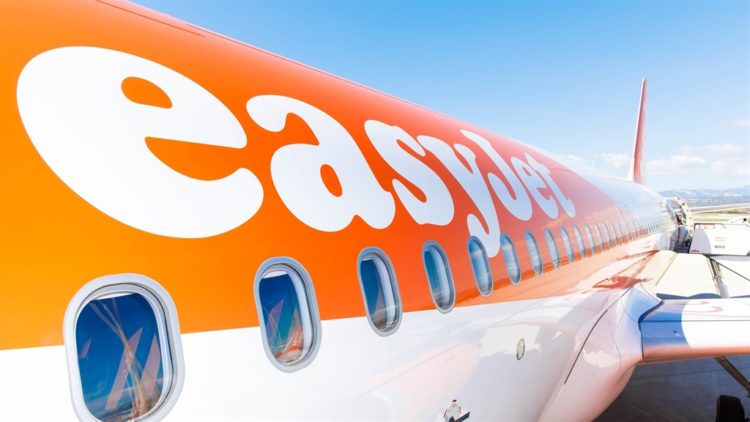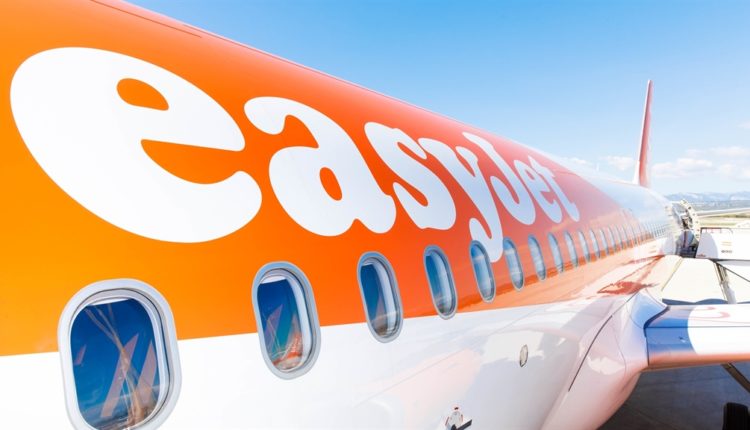Low cost airline easyJet is the biggest carrier at Liverpool Airport and the COVID-19 pandemic has seen passenger numbers plummet leading to its first-ever full-year loss. Tony McDonough reports

Low cost airline easyJet is reporting a full-year loss of more than £1.2bn, the first deficit in its history, as the COVID-19 crisis slashed passenger numbers by 50%.
The biggest carrier at Liverpool John Lennon Airport said revenues for the 12 months to September 30 came in at just over £3bn, plummeting from £6.4bn in 2019. It’s full-year loss of £1.27bn was in contrast to a pre-tax profit of £430m last year.
Until COVID-19 struck Europe in the early part of 2020, easyJet was looking at another year of growth and rising profits. However, the pandemic has devastator the aviation sector and easyJet says passenger numbers for the full year have plunged from 96.1m to 48.1m.
With a second wave of COVID-19 now hitting large parts of Europe, including the UK, the immediate prospects for the company remain uncertain. It says it expects to fly no more than 20% of its original planned capacity for the rest of 2020. But it also said news of a possible vaccine had led to a rise in bookings.
Capital expenditure for the financial year to September 30, 2021, is expected to be around £600m, easyJet said. However, it added it was unable to offer any other clear guidance for the coming year due to the ongoing pandemic. It said it would be able to quickly ramp up capacity should demand return.
In the last few weeks easyJet has sold and leased back dozens of its aircraft as it looks to raise cash to shore up its balance sheet. Since March the company has raised more than £3.1bn and chief executive Johan Lundgren believes it will not need to raise any more cash in the short term.
The business has also taken advantage of the emergency Government borrowing. It borrowed £600m from the UK Government in April and has agreed a deal with the Treasury and the Bank of England to extend it borrowing and stagger the repayments.

Mr Lundgren also welcomed news of breakthroughs in COVID-19 vaccines and said their successful roll-out would a critical part of the aviation sector’s recovery. He told Radio 4: “We know that people want to travel. On the news of the vaccine last Monday bookings were up close to 50%, so it just gives evidence to the fact that any good news that comes out of here makes people more confident making bookings going forward.”
In easyJet’s annual statement, he said: “EasyJet has not only withstood the impact of the pandemic, but now has an unparalleled foundation upon which to emerge strongly from the crisis. Our unmatched short haul network and trusted brand will see customers choose easyJet when returning to the skies.
“While we expect to fly no more than 20% of planned capacity for Q1 2021, maintaining our disciplined approach to cash generative flying over the winter, we retain the flexibility to rapidly ramp up when demand returns.
“We know our customers want to fly with us and underlying demand is strong, as evidenced by the 900% increase in sales in the days following the lifting of quarantine for the Canary Islands in October. We responded with agility adding 180,000 seats within 24 hours to harness the demand.”

